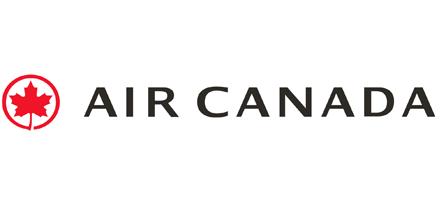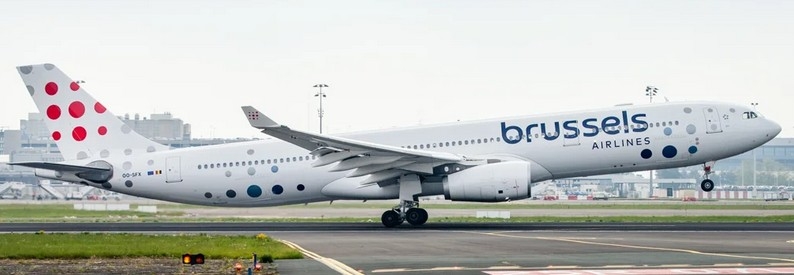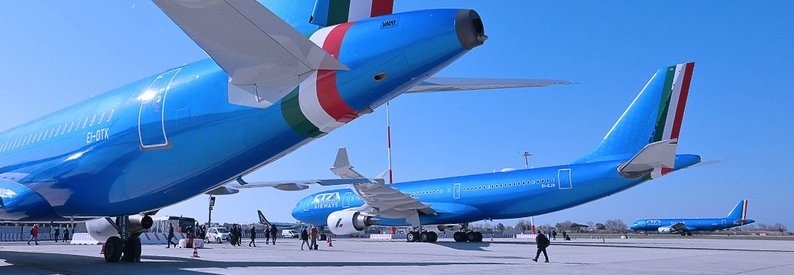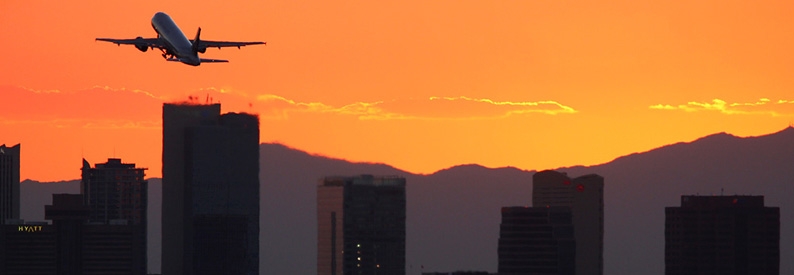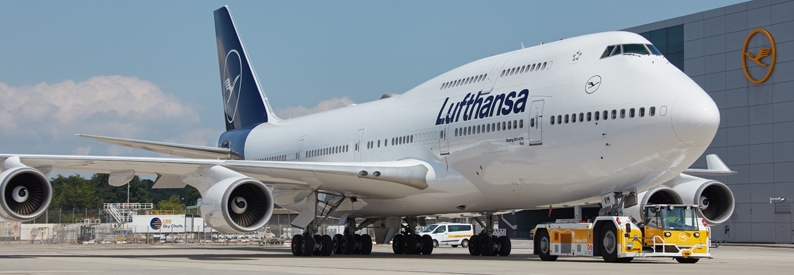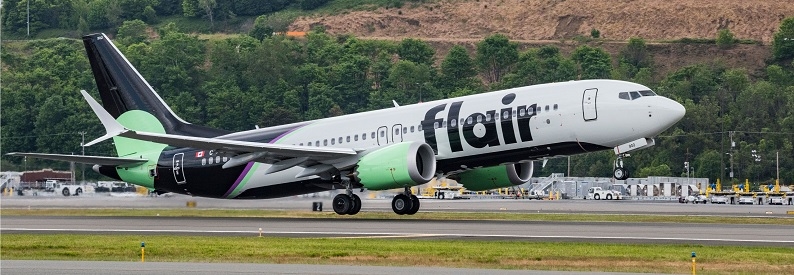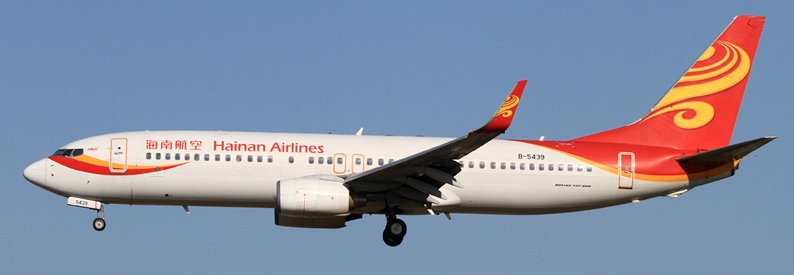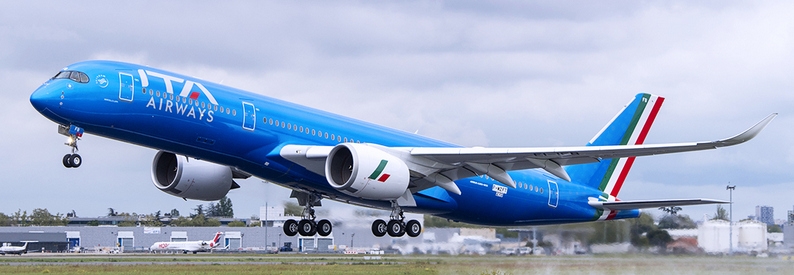The Canadian government has approved Air Canada's proposed acquisition of Air Transat from Montreal-based tour operator Transat despite objections that the move would reduce competition in key markets.
Transport Minister Omar Alghabra said the government had concluded that the purchase was in the public interest when taking into account a broad range of factors, such as level of service, wider social and economic implications, the financial health of the air transportation sector, and competition. In December, Transat shareholders approved Air Canada's greatly discounted CAD188.7 million Canadian dollar (USD149 million) buyout offer for its rival, after COVID-19 hit travel demand.
"The COVID-19 pandemic was a key factor in the final decision," the minister said. "As Transat A.T. itself noted in December 2020, current uncertainty casts doubt on its ability to continue, as it faces significant financing challenges. Noting the effects of the pandemic on air service in general, and on Transat A.T. in particular, the Government of Canada has determined that the proposed acquisition offers the best probable outcomes for workers, for Canadians seeking service and choice in leisure travel to Europe, and for other Canadian industries that rely on air transport, particularly aerospace."
In its assessment last year, Canada's Competition Bureau warned the merger would likely result in a substantial lessening or prevention of competition in flights and vacation packages on a variety of routes between Canada and Europe, Mexico, Central America, the Caribbean, Florida and South America. On 22 of those routes, it said Air Canada and Air Transat were the only two carriers offering non-stop service.
In addition, the CB also highlighted that the new Air Canada/Air Transat entity would hold a substantial portfolio of slots at key airports in Canada - Toronto Pearson, Montréal Trudeau, and Vancouver International - as well as in Europe - Amsterdam Schiphol, London Heathrow, London Gatwick, Dublin International, Paris Orly, and Lisbon - therefore stiffling the entrance of new competitors.
The Commissioner of Competition, Matthew Boswell, said in December last year that “[c]ompetition enforcement is more important than ever,” adding that “[r]elaxing our standards in a crisis period could cause irreversible enhancement of market concentration, leading to deeper and longer-term harm to consumers and the economy.”
As such, Alghabra said that as part of the terms and conditions for government approval for the deal, Air Canada would be required to put measures in place to encourage other airlines to take up former Air Transat routes to Europe. It will also be required to put in place a price monitoring mechanism and launch new destinations within the first five years. Other requirements include preserving Air Transat's head office and brand in Quebec, giving an employment commitment to 1,500 employees around the new entity’s leisure travel business, and committing to carry out aircraft maintenance in Canada while prioritizing contracts in Quebec.
However, WestJet CEO Ed Sims has slammed Ottawa's consent as in his view, the proposed remedies do not go far enough.
“Eliminating the rivalry between these airlines would result in increased prices, less choice, decreases in service and a significant reduction in travel by Canadians on a variety of routes where their existing networks overlap,” he said in a blog post.
Sims said that in the interests of maintaining healthy competition in the Canadian aviation market, WestJet had petitioned the government to bar Air Canada from using its Aeroplan loyalty program on Air Transat routes, or from using exclusivity agreements or similar incentives with travel agencies, as these tactics will limit the ability of consumers to exercise competitive choice. It had also asked that critical slots and infrastructure be made available to Canadian airlines at London Heathrow and Amsterdam Schiphol to help offset Air Canada/Air Transat's international travel market dominance. Finally, it asked that the merged firm be prohibited from operating at the capacity-constrained Terminal 3 of Toronto’s Lester B Pearson Airport (YYZ).
"For the relatively low cost of CAD190 million (essentially the cost of a single wide body aircraft like WestJet’s 787 Dreamliner), years of effort to foster true competition has been undone. This is akin to telecommunications giants Bell and Rogers becoming one without significant concessions," he added.
The merger is still awaiting approval from the European Union, which halted its investigation in December last year.
